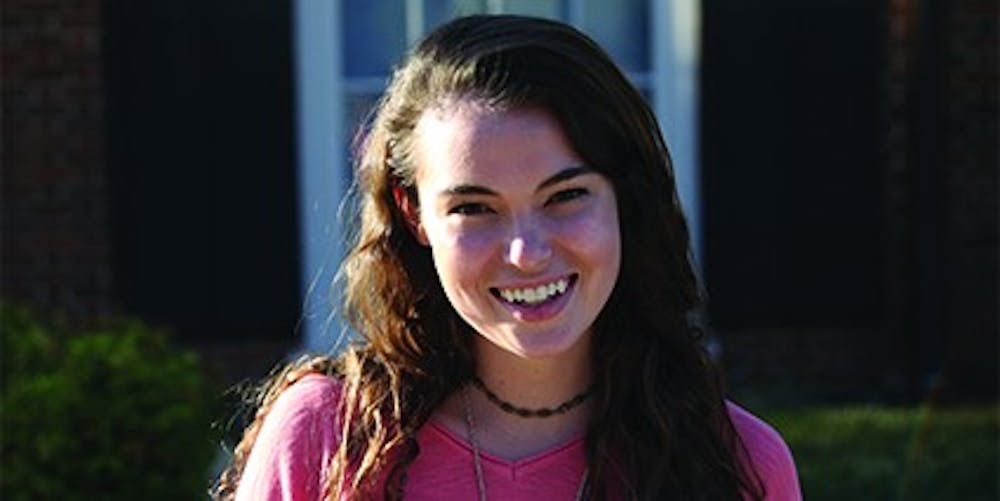After a long day of thesis writing and a relentlessly chaotic news cycle, I resolved to shut my books for the evening. Strangely enough, after deciding to leave the library, I found myself right back up on the sixth floor of Davis. Mentally checking off the dewey decimal numbers of books I would never be tested on, I found a copy of the first volume of poetry I ever read cover-to-cover.
I trudged my plugged-out self back to my apartment, only to plug in again to some of the most harrowing verses I’ve read. It wasn’t “productive” in the way we constantly measure ourselves. At the same time, that reading definitely wasn’t an indulgence — it challenged me and evoked a range of human pain. But finding agency in a heartfelt, valiant woman’s voice in those pages helped me to walk with a little more resolve the next day.
In an environment where the new norm is to be constantly bombarded with information — and often troubling information at that — it is so, so tempting to withdraw and unplug. When it seems like being well-informed is equivalent to being deeply worried, sometimes we reach desperately for distractions.
That’s where self-care comes in. “Self-care” can cover everything from work-life balance to promoting mental health. This concept isn’t new, but in a time of heated political uncertainty — and particular short-term threats to vulnerable communities — the term has gotten even more uptake.
As a result, it is tempting to use “self-care” as a catch-all term for things we do to counterbalance stress or tune ourselves out from either politics or work. As college students, we often tend do things in extremes, from studying to socializing. But perhaps self-care should not necessarily be one of those things.
In seeking the antidote to too much information, to too much uncertainty around us, maybe we shouldn’t turn first to distractions or indulgences. There are merits in tuning out stressful deadlines and turning off Twitter notifications, but we should think more expansively about the kind of self-care that we tune in to.
Where, in the popular conception of self-care, is there room for the inner life? Our discussion of this topic shortchanges how calming and centering it can be to confront our most pressing worries or feelings through the humanities — be it through art, poetry, religious texts, novels, or just reflections and memories — when alone with our thoughts.
It certainly feels counterintuitive to turn off a confrontational news show and then crack open a novel centered on an equally difficult subject. But we should remember that the arts equip us with unique tools to make sense of the world around us for the better, and sometimes processing our world through art can be the best way to care for oneself.
In a data-driven world, sometimes it’s refreshing to reflect on issues through an individualized lens that cares more about the soul than the standard deviation. To remind ourselves that the opposite of being overwhelmed is not apathy, but rather private reflection.




